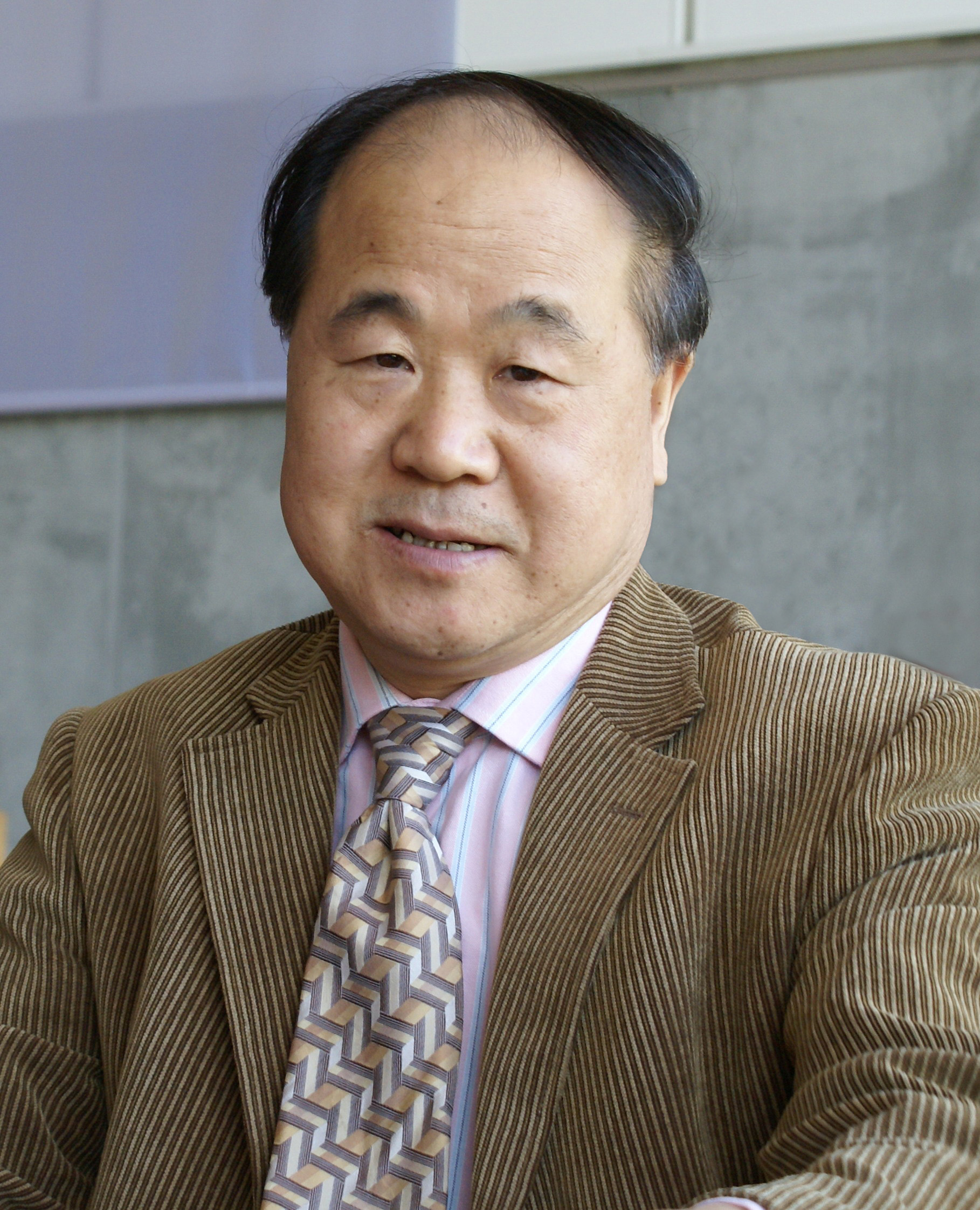Octavio Paz
Explore the timeline of Octavio Paz, the renowned Mexican poet, writer, and diplomat. Delve into significant events in his life and career, including his birth in 1914, his literary achievements, his Nobel Prize in 1990, and his enduring legacy in literature and culture.
Birth of Octavio Paz
Octavio Paz was born on March 31, 1914, in Mexico City, Mexico. He was the son of Octavio Paz Solórzano, a journalist, and his wife Josefina Lozano. His family's deep interest in politics and culture influenced his intellectual upbringing. Paz would go on to become one of Mexico's most esteemed poets and essayists, and he remains an influential figure in the world of literature.
Octavio Paz Receives Guggenheim Fellowship
In 1943, Octavio Paz was awarded a Guggenheim Fellowship, which enabled him to travel to the United States and work on his writing. During this period, he became acquainted with the work of American poets such as Ezra Pound and T. S. Eliot, which had a significant impact on his own poetry. This experience helped to broaden his literary horizons and influenced his approach to modernist themes.
Publication of 'The Labyrinth of Solitude'
In 1950, Octavio Paz published 'El laberinto de la soledad' (The Labyrinth of Solitude), which is considered one of his most important works. This book is a series of essays in which Paz explores Mexican identity and culture, delving into the historical and social experiences that have shaped the nation's collective consciousness. It has been highly acclaimed for its deep analysis and poetic prose.
Resignation as Ambassador to India
Octavio Paz resigned as the Mexican ambassador to India in protest of the Mexican government's violent repression of the student movement in 1968. The Tlatelolco massacre, in which government forces killed numerous protestors, prompted Paz to take a stand against the actions of the Mexican authorities. This act marked a pivotal moment in his life, aligning his political beliefs with his literary ideals.
Awarded the Miguel de Cervantes Prize
In 1987, Octavio Paz was awarded the Miguel de Cervantes Prize, which is the most prestigious literary award in the Spanish-speaking world. This accolade recognized his extensive contributions to literature, including his work in poetry and essays. Paz's writing has been celebrated for its intellectual depth, clarity of expression, and the exploration of existential themes.
Awarded the Nobel Prize in Literature
On October 11, 1990, Octavio Paz was awarded the Nobel Prize in Literature. The Nobel Committee awarded Paz for his impassioned writing with wide horizons, characterized by sensuous intelligence and humanistic integrity. This Nobel Prize solidified his place as a leading figure in world literature and honored his significant contributions to poetry and essay.
Death of Octavio Paz
Octavio Paz died on April 19, 1998, in Mexico City, Mexico. He was 84 years old. His death marked the end of a prolific career that had a profound impact on literature not just in Mexico, but across the Spanish-speaking world and beyond. His works continue to influence writers and thinkers with their depth and clarity. Paz's legacy is preserved through his extensive body of work.
Frequently asked questions about Octavio Paz
Discover commonly asked questions regarding Octavio Paz. If there are any questions we may have overlooked, please let us know.
What are some of the key milestones in Octavio Paz's career?
What was Octavio Paz's role in the Mexican diplomatic service?
When and where was Octavio Paz born?
When did Octavio Paz pass away?
Related timelines
More timelines connected to Octavio Paz







